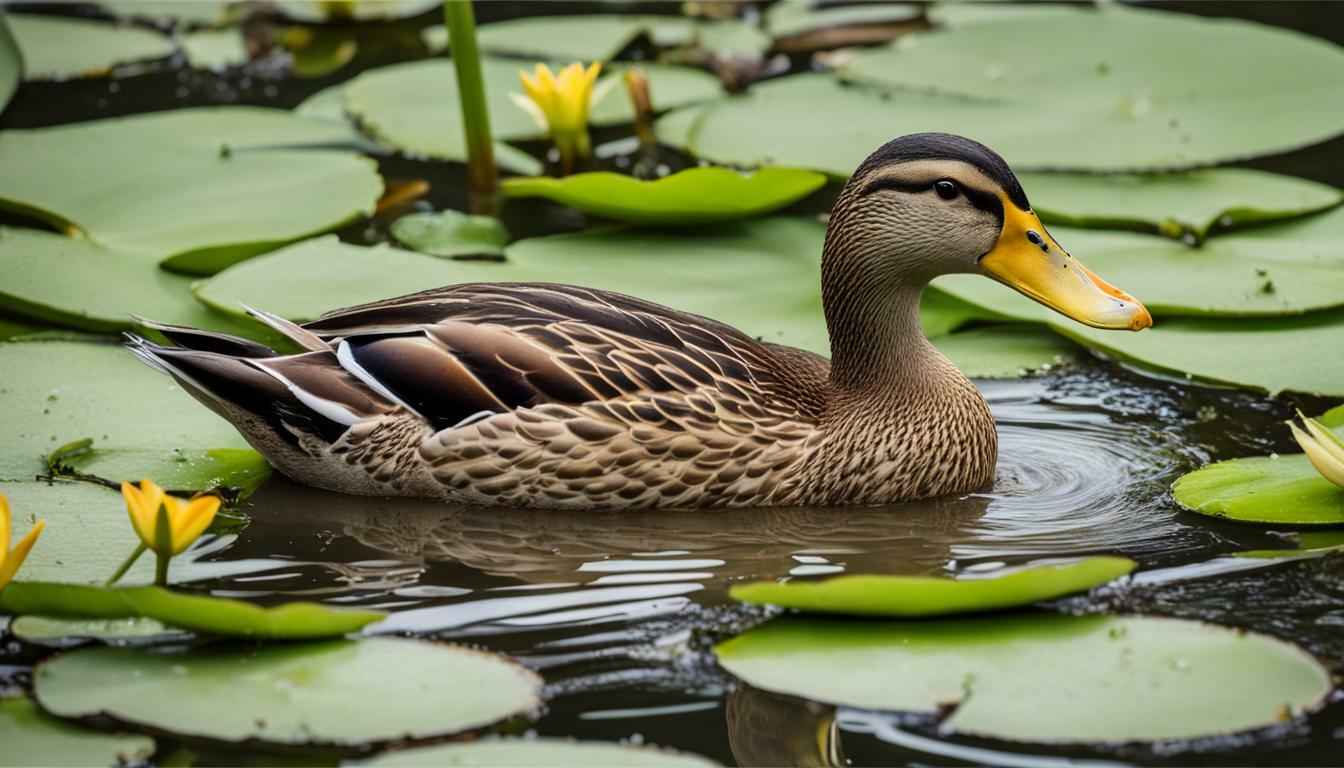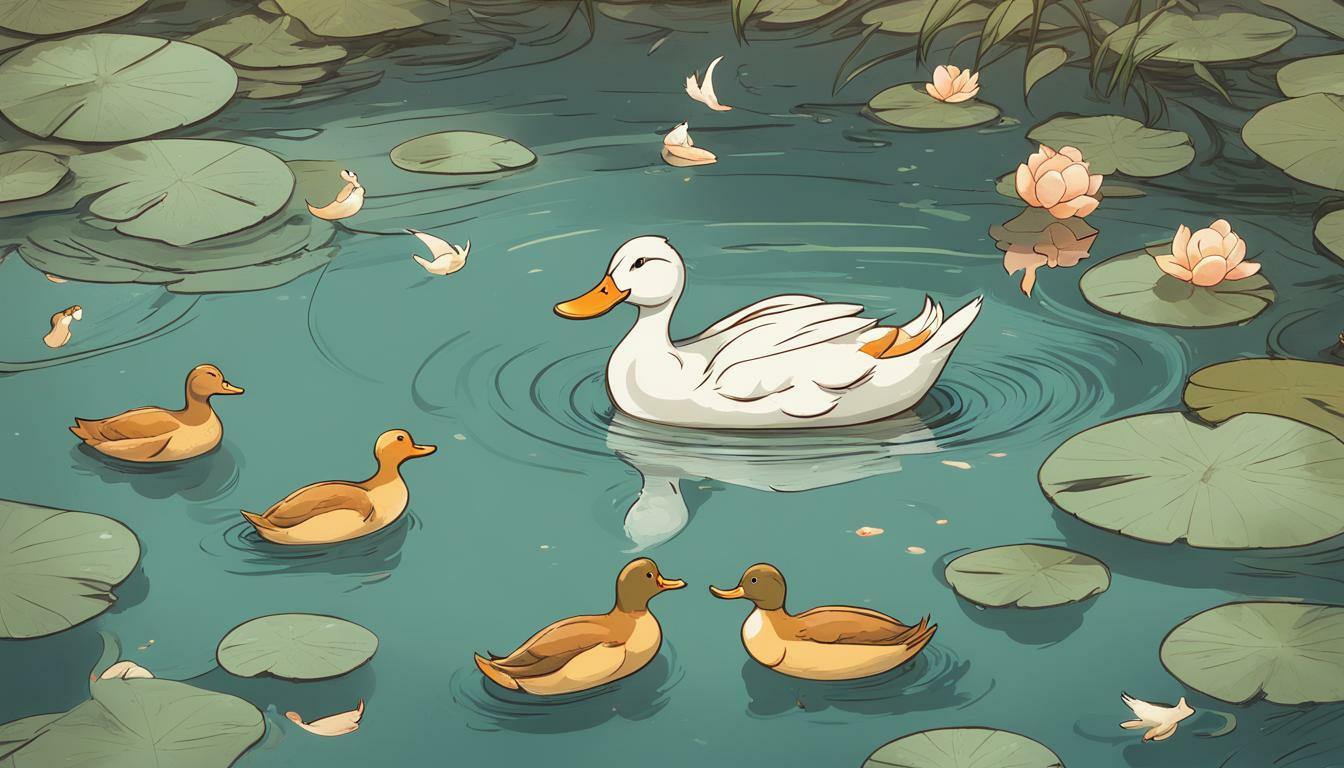Can Ducks Eat Arugula? Benefits, Risks, and Diet Tips
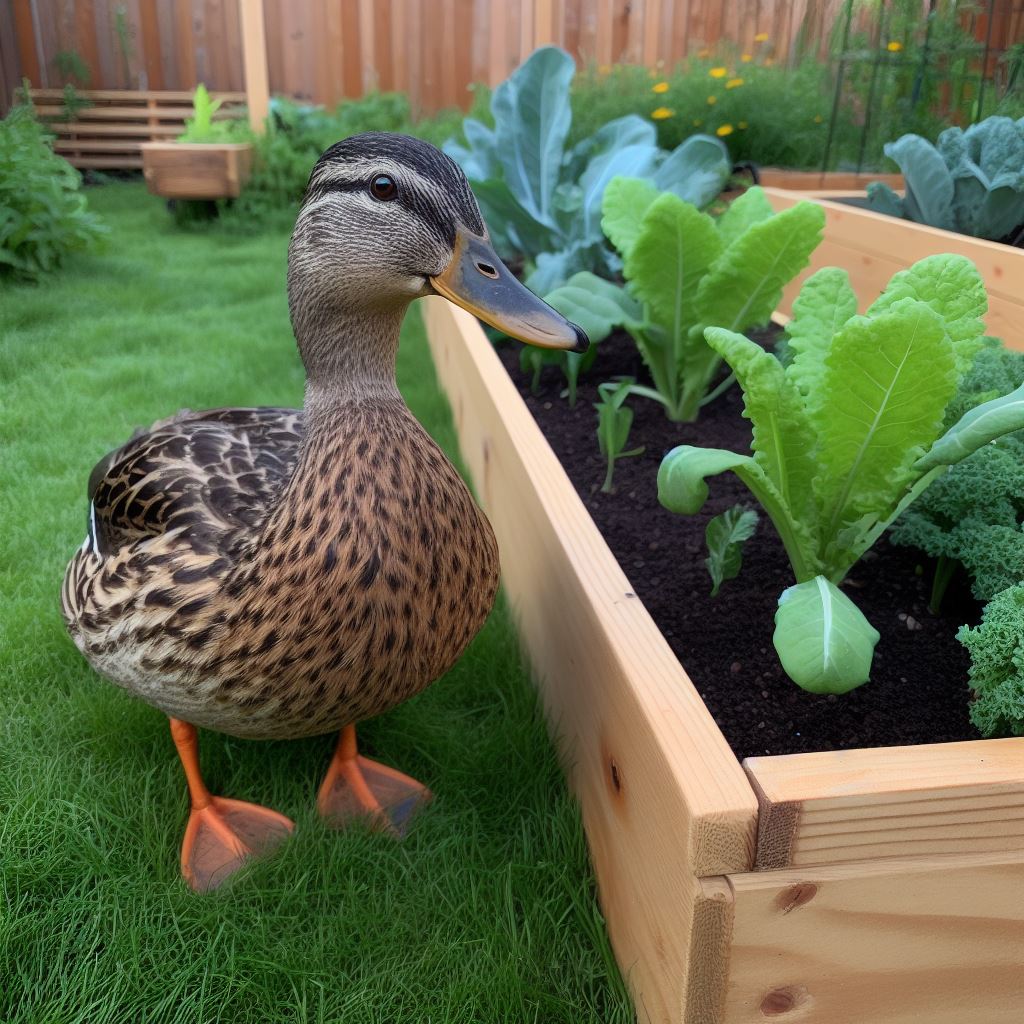
Table of content:
Can ducks eat arugula? Arugula, also known as salad rocket or roquette, is a nutrient-dense leafy green that can make a healthy addition to a pet duck’s diet. Arugula contains antioxidants, vitamins, minerals and fiber that provide nutritional benefits to ducks. However, there are some important factors to consider when feeding ducks arugula or other leafy greens from your garden.
Key Takeaways:
- Arugula is safe for ducks to eat and provides nutritional benefits like vitamins, minerals and antioxidants.
- Introduce new greens gradually to ducks’ diets to avoid digestive issues.
- Chop or shred leafy greens into bite-sized pieces for easier eating and digestion.
- Feed leafy greens in moderation along with duck feed and treats like duckweed.
- Offer fresh, clean water at all times when feeding greens.
- Avoid iceberg lettuce and greens treated with pesticides, which can be harmful.
- Wash all vegetables and greens thoroughly before feeding to ducks.
Nutritional Benefits of Arugula for Ducks
Arugula is a nutrient-dense leafy green in the brassica family. It provides a variety of beneficial vitamins, minerals and phytonutrients:
- Vitamin K – Important for blood clotting.
- Vitamin A – Supports immune system and vision health.
- Vitamin C – Boosts immune function and acts as an antioxidant.
- Calcium – Needed for bone health.
- Beta-carotene – An antioxidant that converts to vitamin A.
- Folate – Important for cell growth and DNA formation.
- Potassium – Helps regulate fluid balance.
- Nitrates – Converted to nitric oxide to support cardiovascular health.
Additionally, arugula contains glucosinolates, which form isothiocyanates during digestion. These compounds have antioxidant and anti-inflammatory benefits.
By providing ducks with fresh, leafy greens like arugula, you allow them to forage and engage in natural feeding behaviors. The diverse nutrients support your ducks’ overall health.
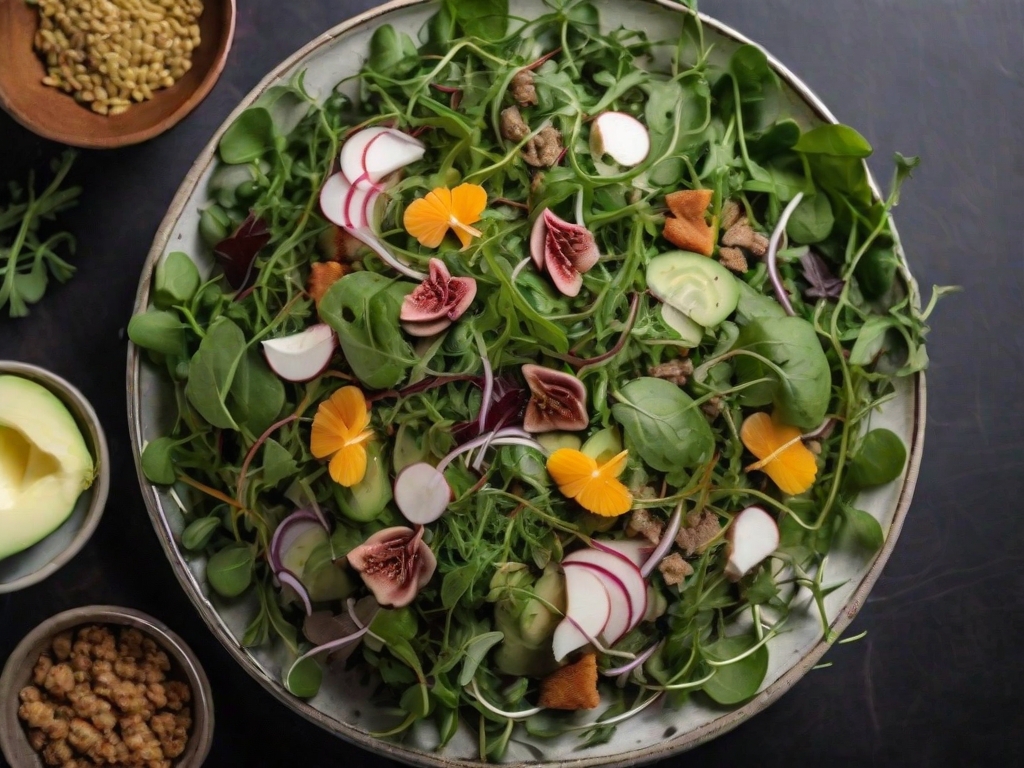 Can All Ducks Eat Arugula?
Can All Ducks Eat Arugula?
Arugula is safe for most domestic breeds of ducks to consume. Certain breeds may enjoy leafy greens more than others based on their natural diets:
- Mallard ducks – As wild ducks, mallards forage for plants, seeds and aquatic insects. Arugula provides nutrients they instinctively seek.
- Pekin ducks – The most common domestic duck. Pekins are enthusiastic foragers and love fresh produce.
- Muscovy ducks – Originate from Mexico and Central/South America. They relish leaves, roots and bugs in the wild.
- Aylesbury ducks – Originating from England, these ducks have hearty appetites and forage for greens.
- Call ducks – Small domestic ducks that originated from wild mallards. Call ducks thrive on natural greens.
Talk to your veterinarian if you have questions about feeding arugula or other veggies to a duck with special dietary needs. Some greens may need to be limited for young ducklings.
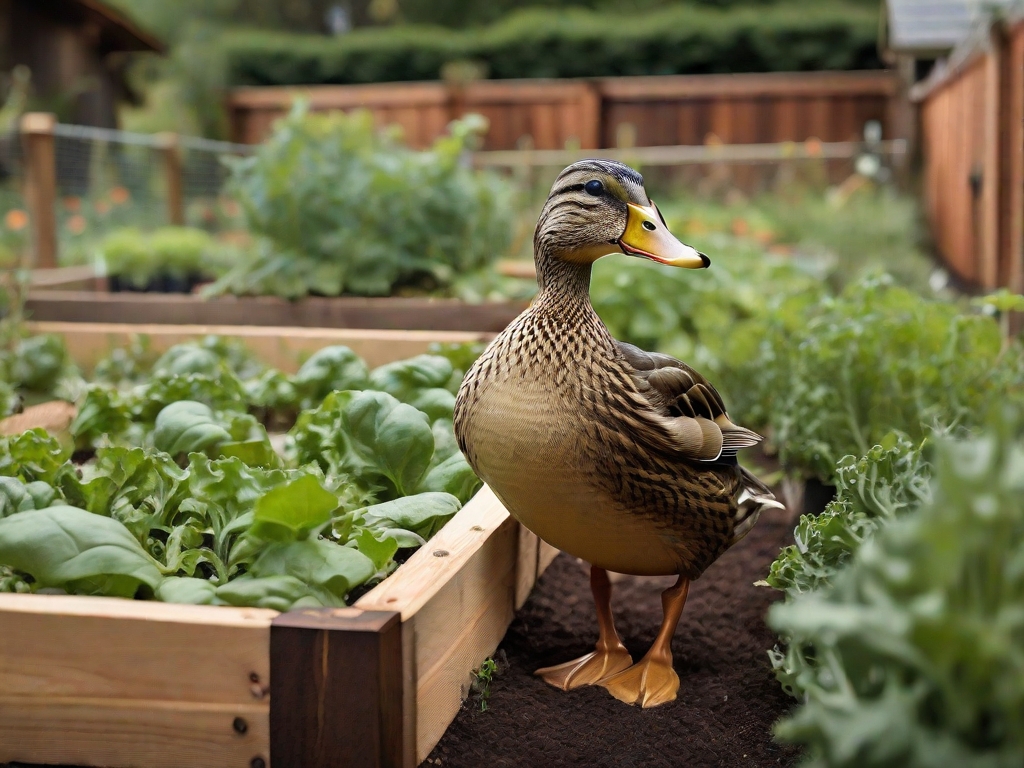 Feeding Arugula to Ducks
Feeding Arugula to Ducks
When offering arugula and other leafy greens to backyard ducks, follow these tips for their health and enjoyment:
Gradually Introduce New Greens
Sudden large amounts of greens can shock ducks’ digestive systems. Introduce new fresh foods gradually:
- Start with just a few small pieces of arugula or other greens mixed into their feed.
- Slowly increase the amount over 2-3 weeks until it makes up about 1⁄4 of their daily diet.
Chop Greens Into Bite-Sized Pieces
Chop or shred greens into small, duck bill-sized pieces. This makes them easier to pick up and swallow. Duck bills lack teeth, so larger leaves are difficult to manage.
Offer a Varied Diet
Leafy greens should be part of a varied diet along with:
- Balanced duck feed – Provides complete nutrition.
- Insects and slugs – Important natural protein sources.
- Vegetables like carrots, peas and squash – For nutrients and enrichment.
- Duckweed and other aquatic plants – Naturally grow in ponds.
Provide Fresh Water
Always provide fresh, clean drinking water when feeding greens. The extra hydration aids digestion. Change water frequently.
Avoid Iceberg Lettuce
Iceberg lettuce is low in nutrients and mostly water. It can cause diarrhea. Choose leafy greens like kale, spinach and swiss chard instead.
Wash Greens Thoroughly
Wash all fresh vegetables and greens very well before feeding. This removes dirt, debris and potentially harmful bacteria like Salmonella.
Select Greens Grown Without Pesticides
Only feed ducks greens that are grown without pesticide use, if possible. Pesticide residue on plants can be toxic to ducks. Organic or homegrown greens are best.
Best Leafy Greens for Ducks
Here is a list of some of the top leafy greens and vegetables to feed ducks:
- Kale – An excellent source of vitamins A, C and K. Curly kale is easy for ducks to pick up.
- Spinach – Packed with nutrients like folate, iron and vitamins A, C and K. A duck favorite.
- Lettuces – Romaine, green leaf and red leaf lettuce offer vitamins and hydration. Tear into pieces.
- Swiss Chard – Colorful stems and leaves provide vitamin K, antioxidants and fiber.
- Bok Choy – A rich source of vitamins A and C. Chop the thick stems into duck-friendly pieces.
- Cabbage – Red and green cabbage add antioxidant power. Can cause gas if fed in excess.
- Watercress – This peppery green grows in nutrient-rich water. Provides a tasty treat.
- Collard Greens – Traditional southern green that is loaded with calcium and vitamins A, C and K.
- Dandelion Greens – Loaded with nutrients and mildly bitter flavor ducks enjoy. Great for wild ducks.
- Pea Shoots – The young tender tendrils of pea plants. Sweet flavor and concentrated nutrition.
Always monitor your duck’s droppings when offering new greens. Loose, watery stool can indicate digestive upset. In that case, reduce the amount of greens offered.
FAQs About Feeding Ducks Arugula and Leafy Greens
Can I feed my ducks lettuce from the grocery store?
It’s best to avoid regular grocery store lettuce, as it is often treated with pesticides that can be harmful. Organic lettuces or those you grow yourself without chemicals are safer options. Romaine, green leaf or red leaf lettuce are better choices than iceberg.
What if my ducks don’t seem interested in arugula or other greens?
Not all ducks readily take to greens. Try mixing small shredded pieces into their feed to get them used to the taste. Offer chopped greens in a shallow water bowl so they can forage. Dab a bit of yogurt or fruit on greens to encourage tasting.
How much greens should ducks eat per day?
Aim for leafy greens to make up around 1⁄4 of a duck’s daily diet. Feed a 3-4 oz serving per adult duck per day as part of a balanced diet. Limit high-oxalate greens like spinach to a few times a week.
Can too much greens cause diarrhea in ducks?
Yes, excessive greens can loosen ducks’ stools, especially if added too quickly. Introduce new greens slowly and find the right amount your ducks can tolerate. Provide ample fresh water to support digestion.
Are there greens or plants I should avoid feeding ducks?
Avoid any greens treated with pesticides or chemicals. Do not offer rhubarb leaves, potato greens, mushroom plants, dying/wilted plants or anything moldy, as these can be toxic. Only feed weeds/plants you can positively identify as edible.
Conclusion
In moderation, leafy greens like arugula provide domestic ducks with important vitamins, minerals and nutrients they instinctively seek out in the wild. By providing fresh greens, you allow ducks to tap into their natural foraging behaviors.
Introduce new greens gradually and chop them into bite-sized pieces for optimal nutrition and enjoyment. Feed greens as part of a varied diet along with duck feed, produce, and clean water. With some care when selecting and preparing greens, you can help give your ducks a balanced, nutritious diet.
Welcome. I’m Adreena Shanum, the proud owner of this website, and I am incredibly passionate about animals, especially poultry. I founded adreenapets.com as a labor of love, stemming from my desire to share my knowledge and experiences with poultry enthusiasts worldwide.



